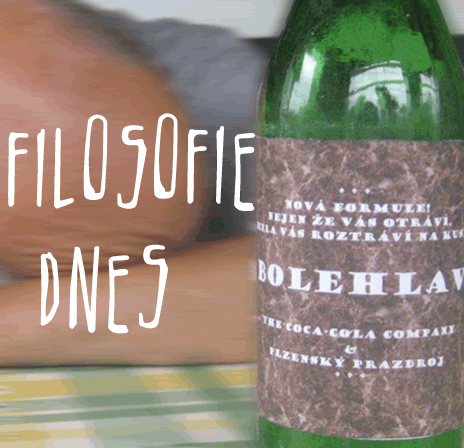Crusade against the author
DOI:
https://doi.org/10.26806/fd.v3i1.57Keywords:
autor, literární dílo, význam, Nová kritika, Barthes, Foucault, diskurz, funkce, biografická data, celebrita,Abstract
The twentieth century saw a whole range of disciplines within the field of social sciences struggle to come to terms with a relativisation of some of the fundamental concepts of traditional thinking, such as communication, text, meaning, existence, and reality. Inevitably, the heuristic, intuitive notion of the author as "the one who writes" also started to fray around the edges. Our article presents a short overview of some modern theoretical thinking that has tackled the que+stion of the author in this new context. We mention the New Critics, who refused to seek the author's intention and endeavoured to interpret literary works as autonomous entities. We then discuss Roland Barthes and his conception of literary work as part of an indefinite textual field; in this conception Barthes considers the question of an author as entirely irrelevant. Then we focus our attention on how the problem of the author is addressed by Michel Foucault. He treats the author as a concept, explores its discursive implications, and examines the modalities of its functioning. In the final part of the article we focus on certain marks of cult of personality that can be observed in authors at the end of the twentieth century as well as today. As a referential framework for our analysis, we employ the relation between the concept of the author and the essentialist notion of a determinate meaning of a literary text.
Downloads
Published
Issue
Section
License
Authors who publish in this journal agree that:
1. Authors retain copyright and guarantee the journal the right of first publishing. All published articles are licensed under the Creative Commons Attribution license, which allows others to share this work under condition that its author and first publishing in this journal was acknowledged.
2. Authors may enter into other agreements for non-exclusive dissemination of work in the version in which it was published in the journal (for example, publishing it in a book), but they have to acknowledge its first publication in this journal.
3. Authors are allowed and encouraged to make their work available online (for example, on their websites) as such a practice may lead to productive exchanges of views as well as earlier and higher citations of published work (See The effect of open access).


